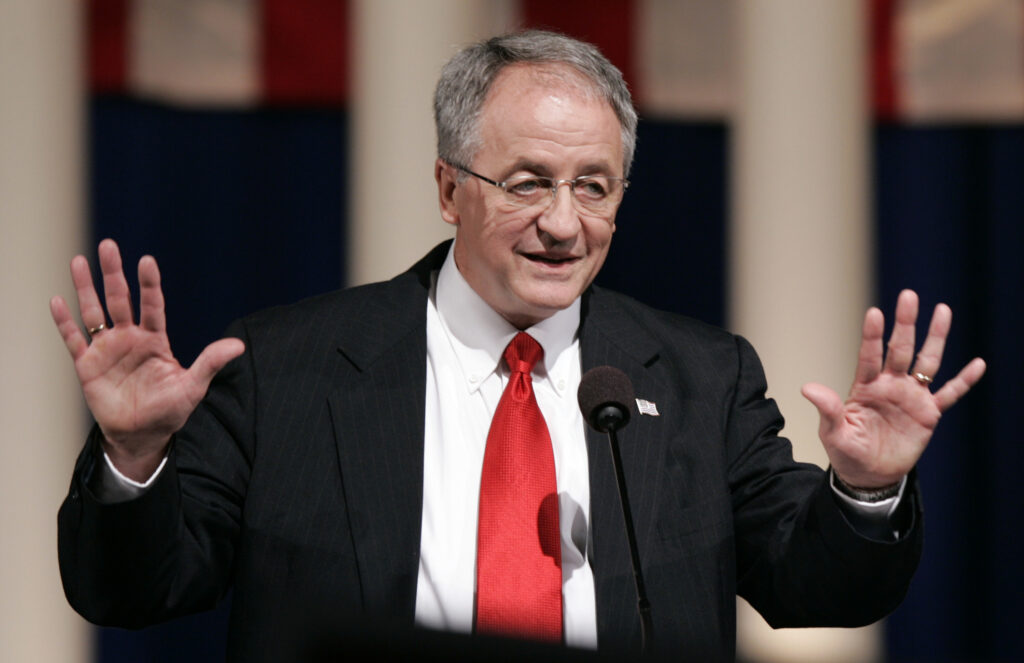Virginia Delegate Bob Marshall says he wants to ensure that although the federal income tax code will change because of President Obama’s law, Virginia won’t necessarily follow in lockstep.
Marshall, R-Manassas, has introduced HB 1313, which is amied at keeping the current tax deduction rates status-quo for residents with high out-of-pocket medical bills.
At the heart of the legislation is the amount people will have to spend on uninsured medical costs to get a tax break. Section 9013 of Obama’s law raises the minimum level of spending to achieve a deduction from 7.5 percent of gross adjusted income to 10 percent. And Section 9005 slashes in half the maximum amount an individual can save in a flexible spending account (FSA), a payroll tax-free savings account used for medical expenses, from $5,000 to $2,500.
“If you have a handicapped child or someone who has got chronic illness, you have to spend more money before you can get any of this money deducted against your income tax,” Marshall said. “Since this was already a high threshold, the Obamacare provision hits those people with the most medical expenses, and I didn’t think that was fair.”
While many states mirror their income tax codes based on the federal books, Marshall proposes uncoupling the Commonwealth from the federal government in this arena, leaving the deduction rate and FSA at their previous requirements in Virginia.
“Barack Obama always talks about tax fairness,” he said. “Well, he is hitting the American families with the biggest medical bills with a tax he shouldn’t be using if he claims he is for helping the little guy and middle-class Americans.”
Small Impact on States
Thomas Miller, a resident fellow at American Enterprise Institute, said the bill’s impact may be small, especially given the structure of high-deductible insurance policies.
“This is a fraction of a fraction,” Miller said. “You are talking about people who would have substantial medical expenses, which would increase the likelihood of relative low income.
“If you didn’t otherwise have those expenses covered by insurance or reimbursed by an employer, you would be able to get at least some degree of a tax break on those high net-able costs [under Marshall’s plan], which is fine in itself. I am just saying it has relatively limited impact in terms of the population involved or the amount of dollars of tax relief coming across.”
Michael Thompson, president of the Thomas Jefferson Institute, said the bill is an attempt to lessen the tax burden expanded by Obama’s law.
“I think what Marshall is trying to do is not only keep our taxes low, but it probably forces the state to look for more savings and more efficiency, though it has done a good job so far,” he said. “If you conform the other way, then I will be paying more at the state level as well as at the federal level.”
Carten Cordell ([email protected]) writes for Virginia Watchdog.




